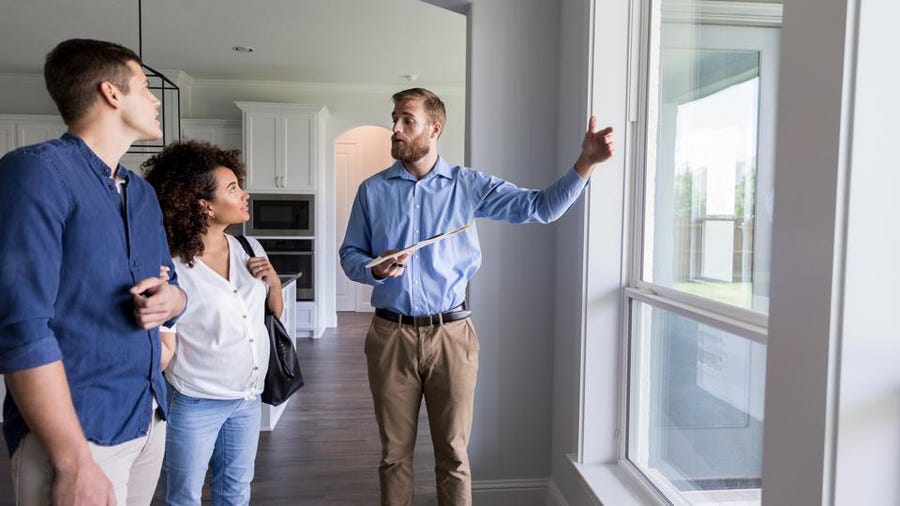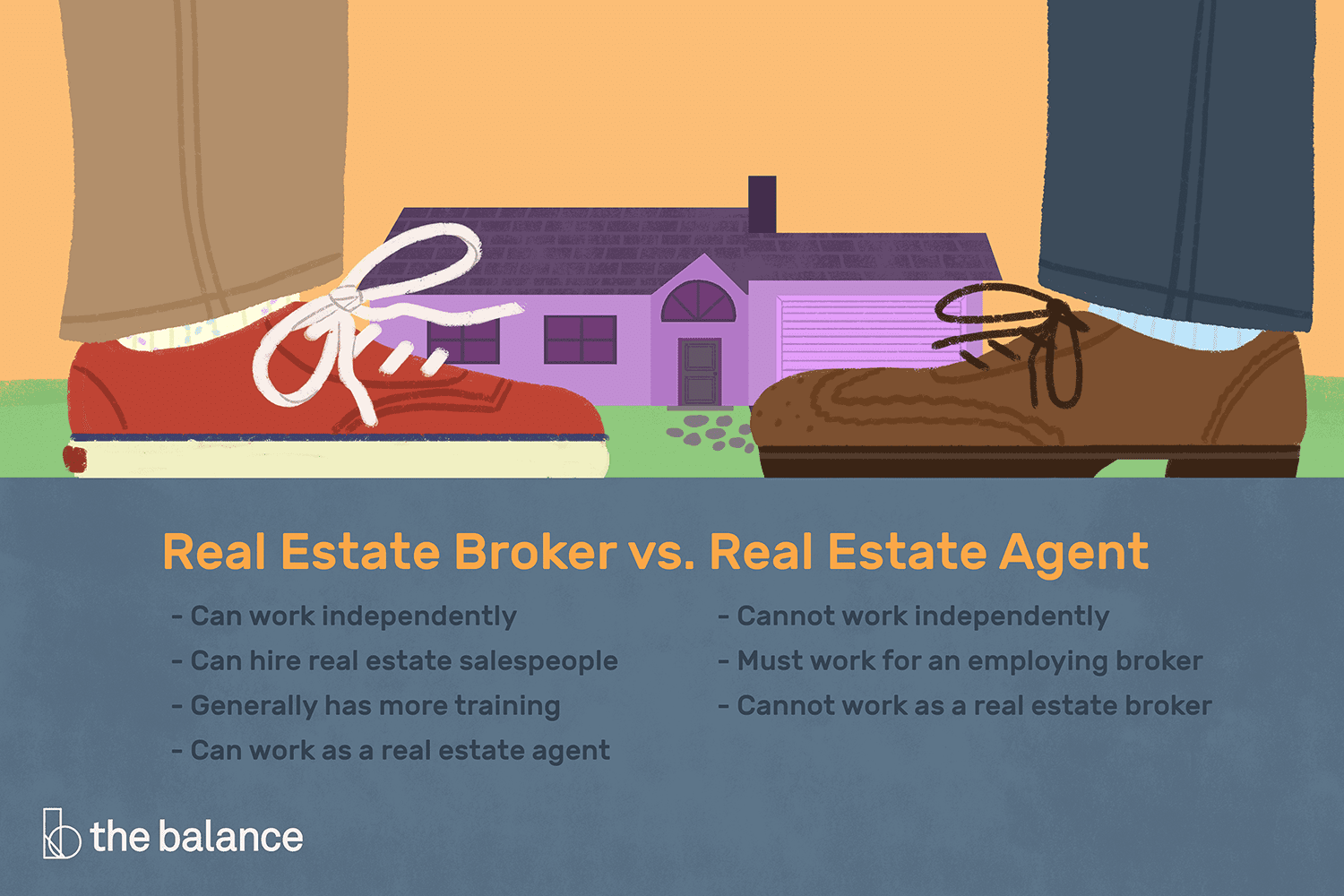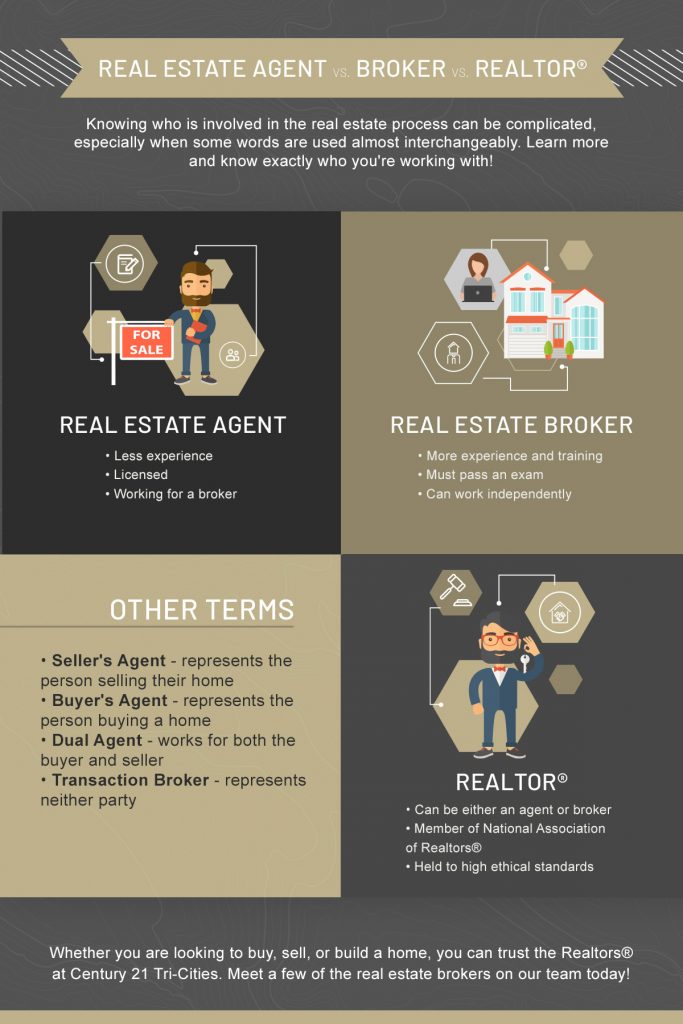
If you're in the market to purchase a home, it can be a shock when an appraisal comes in lower than what you agreed upon when making your offer. You might need to revise the purchase price or appeal the appraisal. There are options available to help you get the home of your dreams at a fair price.
1. Low House Values and Buyers Can't Rely On Their Lenders to Appraise High
A mortgage lender will only loan 80% of the property's appraised value to a buyer. It is important to know what happens if the appraisal is low. It is possible to borrow money or pay cash, but this could make it expensive.
2. The Appraisal comes in low when you're trying to purchase a new condo in a safe neighborhood.
There is a good chance that an appraisal for a condo/co-op you're considering buying will be lower than what you agreed on. These properties are typically valued at a much higher level than properties that have been listed and under contract for years.

3. Your appraisal comes in low, but the seller won't budge
Buyers may find it difficult to negotiate their purchase price in a seller's market. There are many offers. A seller may be reluctant to negotiate their price, particularly if there are multiple offers.
4. Your Appraisal Comes in Low and the Seller Will Not Budge
Sellers are often willing to negotiate a lower price if they don't get a buyer. This is because they may be worried that if they don't get another buyer, their home will sit on the market for long and lose its value.
5. Your Appraisal Comes in Low and You Can't Count on the Seller to Rely on Their Lender
You can ask your lender for a second appraisal if the appraiser determines that your home is worth less then what you have offered. Although this may take some time, it is a way to try to get an even better appraisal.

6. Your Appraisal Is Low and Your Agent Has Listed The House Too High
If an agent is trying to sell you your house but has priced it too high, they might be unable to convince buyers to cover the difference between your appraisal price and your sale price. This can result both in an extended escrow time and unpleasant experiences for all.
However, sellers may be willing re-list your house at a lower price if it hasn't been listed for too long. It's a risky move in a market where there's a lot of activity, but it is possible if you have the right leverage.
FAQ
What are the top three factors in buying a home?
The three main factors in any home purchase are location, price, size. The location refers to the place you would like to live. Price refers the amount that you are willing and able to pay for the property. Size refers the area you need.
What are the benefits associated with a fixed mortgage rate?
A fixed-rate mortgage locks in your interest rate for the term of the loan. This means that you won't have to worry about rising rates. Fixed-rate loans have lower monthly payments, because they are locked in for a specific term.
What are the key factors to consider when you invest in real estate?
The first step is to make sure you have enough money to buy real estate. You can borrow money from a bank or financial institution if you don't have enough money. You also need to ensure you are not going into debt because you cannot afford to pay back what you owe if you default on the loan.
You must also be clear about how much you have to spend on your investment property each monthly. This amount must include all expenses associated with owning the property such as mortgage payments, insurance, maintenance, and taxes.
You must also ensure that your investment property is secure. It would be best to look at properties while you are away.
How can I determine if my home is worth it?
You may have an asking price too low because your home was not priced correctly. A home that is priced well below its market value may not attract enough buyers. Our free Home Value Report will provide you with information about current market conditions.
What are the downsides to a fixed-rate loan?
Fixed-rate loans are more expensive than adjustable-rate mortgages because they have higher initial costs. You may also lose a lot if your house is sold before the term ends.
Should I rent or buy a condominium?
Renting may be a better option if you only plan to stay in your condo a few months. Renting lets you save on maintenance fees as well as other monthly fees. The condo you buy gives you the right to use the unit. The space can be used as you wish.
Statistics
- Some experts hypothesize that rates will hit five percent by the second half of 2018, but there has been no official confirmation one way or the other. (fortunebuilders.com)
- Private mortgage insurance may be required for conventional loans when the borrower puts less than 20% down.4 FHA loans are mortgage loans issued by private lenders and backed by the federal government. (investopedia.com)
- This seems to be a more popular trend as the U.S. Census Bureau reports the homeownership rate was around 65% last year. (fortunebuilders.com)
- When it came to buying a home in 2015, experts predicted that mortgage rates would surpass five percent, yet interest rates remained below four percent. (fortunebuilders.com)
- 10 years ago, homeownership was nearly 70%. (fortunebuilders.com)
External Links
How To
How to Manage a Property Rental
It can be a great way for you to make extra income, but there are many things to consider before you rent your house. We'll help you understand what to look for when renting out your home.
If you're considering renting out your home, here's everything you need to know to start.
-
What are the first things I should consider? You need to assess your finances before renting out your home. If you have debts, such as credit card bills or mortgage payments, you may not be able to afford to pay someone else to live in your home while you're away. Your budget should be reviewed - you may not have enough money to cover your monthly expenses like rent, utilities, insurance, and so on. It might not be worth the effort.
-
What is the cost of renting my house? It is possible to charge a higher price for renting your house if you consider many factors. These include factors such as location, size, condition, and season. You should remember that prices are subject to change depending on where they live. Therefore, you won't get the same rate for every place. Rightmove shows that the median market price for renting one-bedroom flats in London is approximately PS1,400 per months. This means that your home would be worth around PS2,800 per annum if it was rented out completely. While this isn't bad, if only you wanted to rent out a small portion of your house, you could make much more.
-
Is it worthwhile? You should always take risks when doing something new. But, if it increases your income, why not try it? Be sure to fully understand what you are signing before you sign anything. You will need to pay maintenance costs, make repairs, and maintain the home. Renting your house is not just about spending more time with your family. Before you sign up, make sure to thoroughly consider all of these points.
-
What are the benefits? So now that you know how much it costs to rent out your home and you're confident that it's worth it, you'll need to think about the advantages. You have many options to rent your house: you can pay off debt, invest in vacations, save for rainy days, or simply relax from the hustle and bustle of your daily life. You will likely find it more enjoyable than working every day. And if you plan ahead, you could even turn to rent into a full-time job.
-
How can I find tenants After you have decided to rent your property, you will need to properly advertise it. Make sure to list your property online via websites such as Rightmove. You will need to interview potential tenants once they contact you. This will help to assess their suitability for your home and confirm that they are financially stable.
-
How do I ensure I am covered? If you are worried about your home being empty, it is important to make sure you have adequate protection against fire, theft, and damage. You will need insurance for your home. This can be done through your landlord directly or with an agent. Your landlord will often require you to add them to your policy as an additional insured. This means that they'll pay for damages to your property while you're not there. If your landlord is not registered with UK insurers, or you are living abroad, this policy doesn't apply. In this case, you'll need to register with an international insurer.
-
It's easy to feel that you don't have the time or money to look for tenants. This is especially true if you work from home. But it's crucial that you put your best foot forward when advertising your property. You should create a professional-looking website and post ads online, including in local newspapers and magazines. A complete application form will be required and references must be provided. Some people prefer to do the job themselves. Others prefer to hire agents that can help. You'll need to be ready to answer questions during interviews.
-
What should I do after I have found my tenant? If you have a current lease in place you'll need inform your tenant about changes, such moving dates. If you don't have a lease, you can negotiate length of stay, deposit, or other details. Remember that even though you will be paid at the end of your tenancy, you still have to pay utilities.
-
How do I collect the rent? When the time comes to collect the rent, you'll need to check whether your tenant has paid up. If not, you'll need to remind them of their obligations. Before you send them a final invoice, you can deduct any outstanding rent payments. You can call the police if you are having trouble getting hold of your tenant. They will not usually evict someone unless they have a breached the contract. But, they can issue a warrant if necessary.
-
What can I do to avoid problems? Renting out your house can make you a lot of money, but it's also important to stay safe. You should install smoke alarms and carbon Monoxide detectors. Security cameras are also a good idea. Also, make sure you check with your neighbors to see if they allow you to leave your home unlocked at night. You also need adequate insurance. You should not allow strangers to enter your home, even if they claim they are moving in next door.